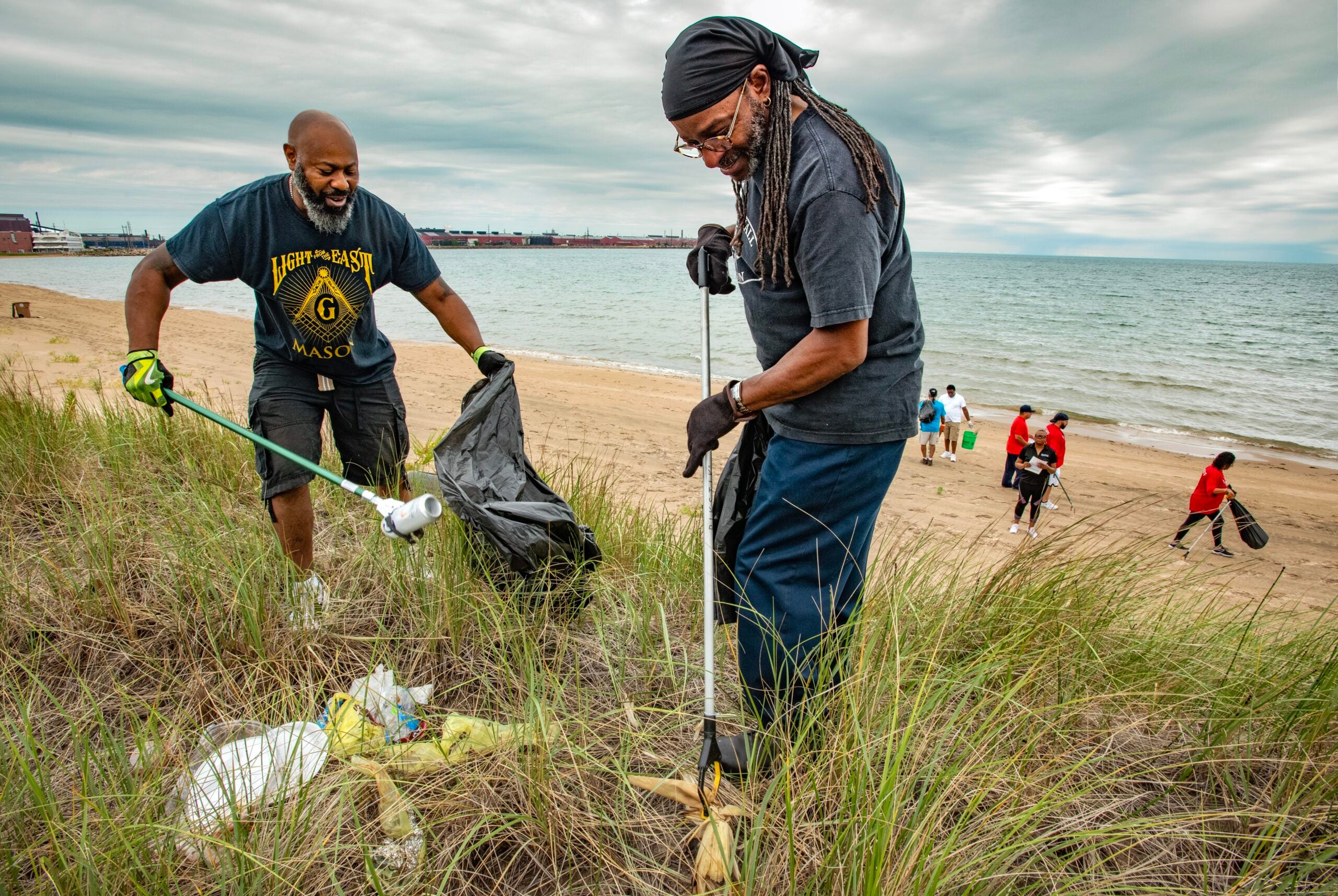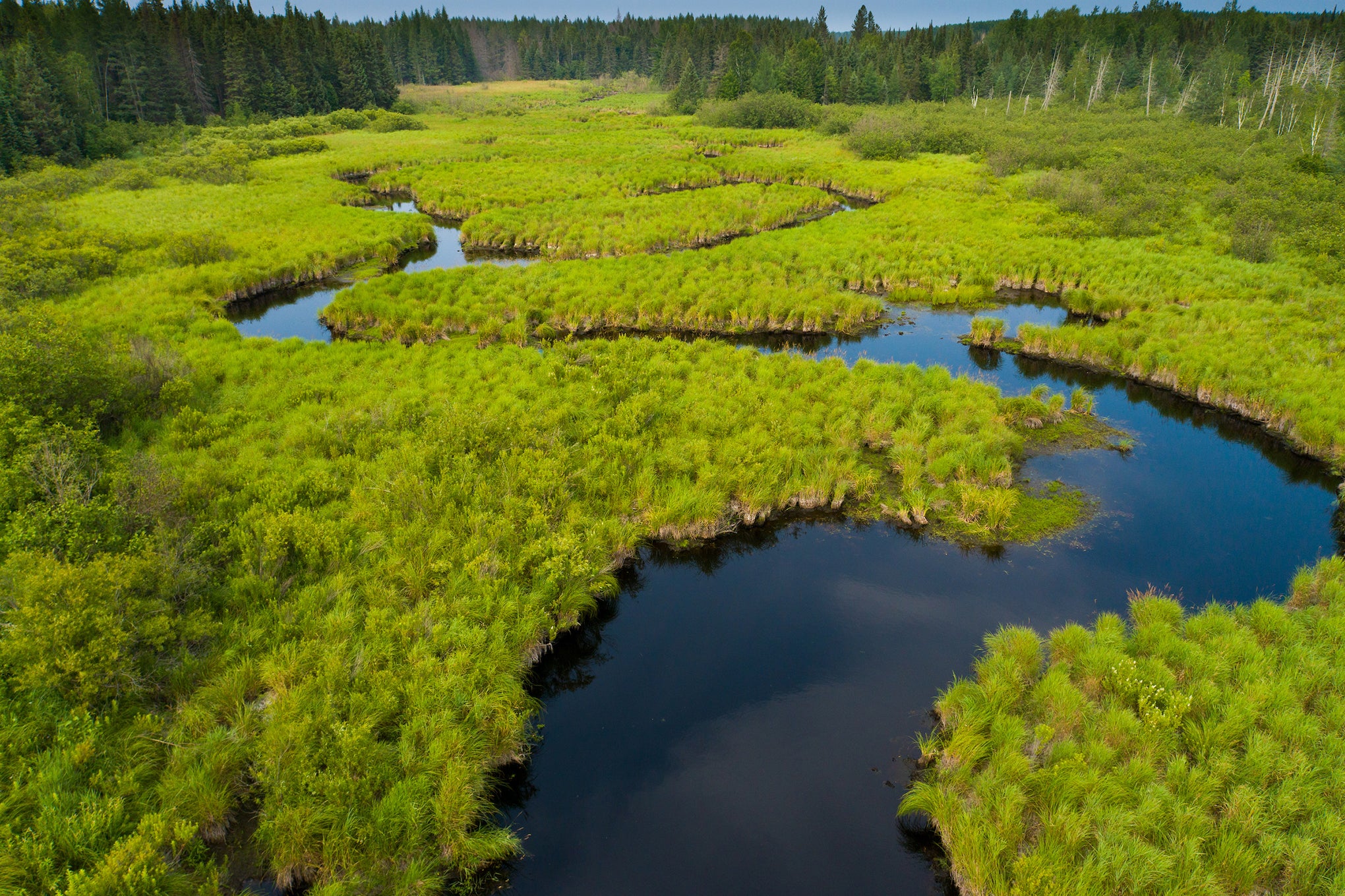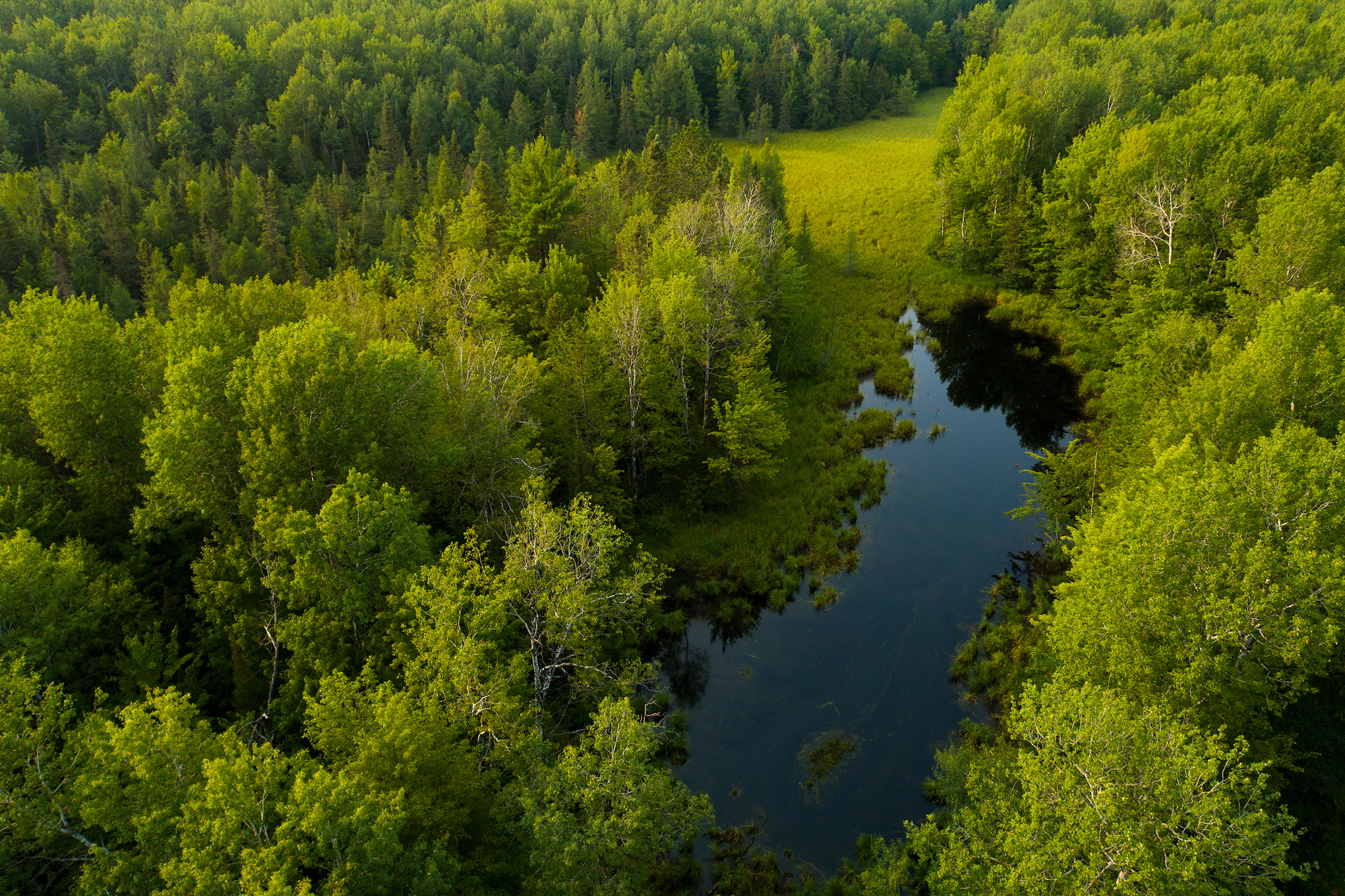Officials with the U.S. Forest Service say they’ve seen an increase of illegal dumping on national forest land in northern Wisconsin in recent years.
Illegal dumping has always been a problem, said Hilary Markin, spokeswoman for the Chequamegon-Nicolet National Forest. However, Markin said the severity of the problem ebbs and flows.
“Sometimes it takes a dump truck full. Sometimes it’s a pickup load. It just all depends. We find animal carcasses, household garbage,” she said. “People just bring their trash bags out and dump them on the forest. Of course, then the critters get into them and spread it all over. It just makes a really big mess.”
Stay informed on the latest news
Sign up for WPR’s email newsletter.
Illegal dumping in national forests is not just a problem in Wisconsin. The USFS is grappling with people dumping their trash and unwanted sofas across the country, including in Nevada, California and Florida.
While Markin couldn’t provide figures of how often the dumping occurs because they don’t track how often or how much it happens, USFS officials are working to address the increasing problem.
Crews were out in the last couple weeks cleaning up trash. She said they hold cleanup days throughout the year where employees will visit a dozen or more sites.
“It’s really a safety concern. It’s a hazard. Aside from it being unsightly, it’s also a hazard to the animals. It can be a hazard to the soils and natural resources,” she said. “If you dump some toxic chemicals of some sort, you pour your oil or whatever, that’s going to get into soil, which is going to get into the water, which is going to contaminate lakes, rivers streams and potentially our source of drinking water.”
If caught, Markin said people could pay a maximum fine of up to $5,000 or spend six months in jail. She couldn’t say how much money the U.S. Forest Service has spent cleaning up waste. But, USFS officials said the time and money spent restoring sites is significant and takes away from other work on national forest land.
Wisconsin Public Radio, © Copyright 2024, Board of Regents of the University of Wisconsin System and Wisconsin Educational Communications Board.






